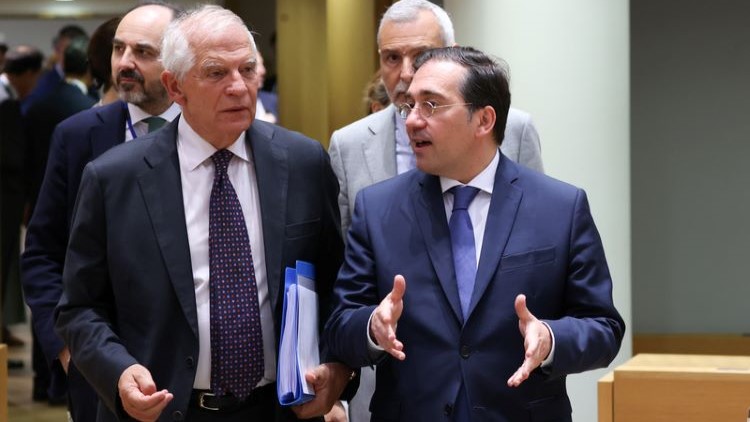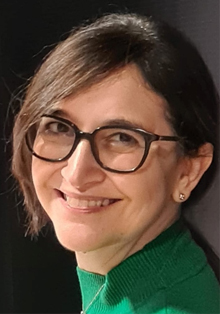Eduardo González
The role of the United Nations Agency for Palestine Refugees (UNRWA) and the Middle East peace conference proposed by Spain will be among the main topics of debate at the EU Foreign Affairs Council (FAC), which will be will be celebrated today in Brussels and will be attended by the Minister of Foreign Affairs, José Manuel Albares.
The Foreign Affairs Council, chaired by the EU High Representative for Foreign Affairs and Security Policy, Josep Borrell, will begin with an informal exchange of views via video conference with the US Secretary of State, Antony Blinken, which will be focused on Russian aggression against Ukraine, the situation in the Middle East and the approach towards China and the Indo-Pacific.
Subsequently, the ministers of the 27 will debate Russian aggression against Ukraine. This country’s Foreign Minister Dmytro Kuleba will address the Council by video conference to report on the situation on the ground, Ukraine’s military needs and EU support, and in the internal debate that will follow, points of view will be exchanged. view on military support to Ukraine, including through the Ukraine Assistance Fund within the European Peace Facility (EPF) – which is expected to be adopted during the same Council meeting – and on the security commitment to more long term.
Regarding restrictive measures against Moscow, the Council will address the possible use of windfall profits from frozen Russian assets and EU sanctions envoy David O’Sullivan is expected to provide an update on the EU’s efforts. Union to address the circumvention of these measures.
The Foreign Affairs Council will also discuss EU policy priorities towards Belarus in the short and medium term and what more the EU can do to address the human rights situation and to support civil society and the opposition. Belarusian democracy. The ministers will also exchange views on Belarus’s complicity in Russia’s war of aggression against Ukraine.
Middle East
On the other hand, the Foreign Affairs Council will discuss the situation in the Middle East, with a view to the European Council that same week, in which this issue will also be addressed. The exchange of views is expected to focus on the worsening humanitarian situation in the Gaza Strip and ways to urgently increase humanitarian assistance to the Palestinian people, “including the role of UNRWA.”
On March 8, Albares announced in Madrid to UNRWA Commissioner General Philippe Lazzarini a new donation of 20 million euros, despite the decision of a group of countries to freeze their contributions after a dozen employees of the agency (out of a staff of 30,000 workers) have been accused of having participated in the Hamas attacks of October 7. Likewise, the minister visited a UNRWA Palestinian refugee camp in Jordan last week.
Separately, EU foreign ministers will discuss “the regional dimension” of the conflict and the need to avoid further escalation in the West Bank, Lebanon and the Red Sea and Borrell is expected to provide an initial assessment of EUNAVFOR ASPIDES, the new mission of the European Union to safeguard freedom of navigation in the Red Sea, approved in the previous FAC in mid-February and in which Spain has already announced that it will not participate.
Finally, the Council will discuss how to advance the political process in the Middle East, “including through the organization of a preparatory peace conference when conditions permit, and plans for the two-state solution.”
Last Thursday, José Manuel Albares called in Cairo for the launch of a “joint initiative” between the European Union and the Arab League that would allow the holding, “as soon as possible,” of an international peace conference to materialize the solution to two states. The peace conference was proposed by the President of the Government, Pedro Sánchez, and has been supported by the 27 EU States and the 22 countries of the Arab League, but it still does not have dates or venue. In this regard, Albares assured the Arab ambassadors that the proposal will be taken up again at the European Council this week.







